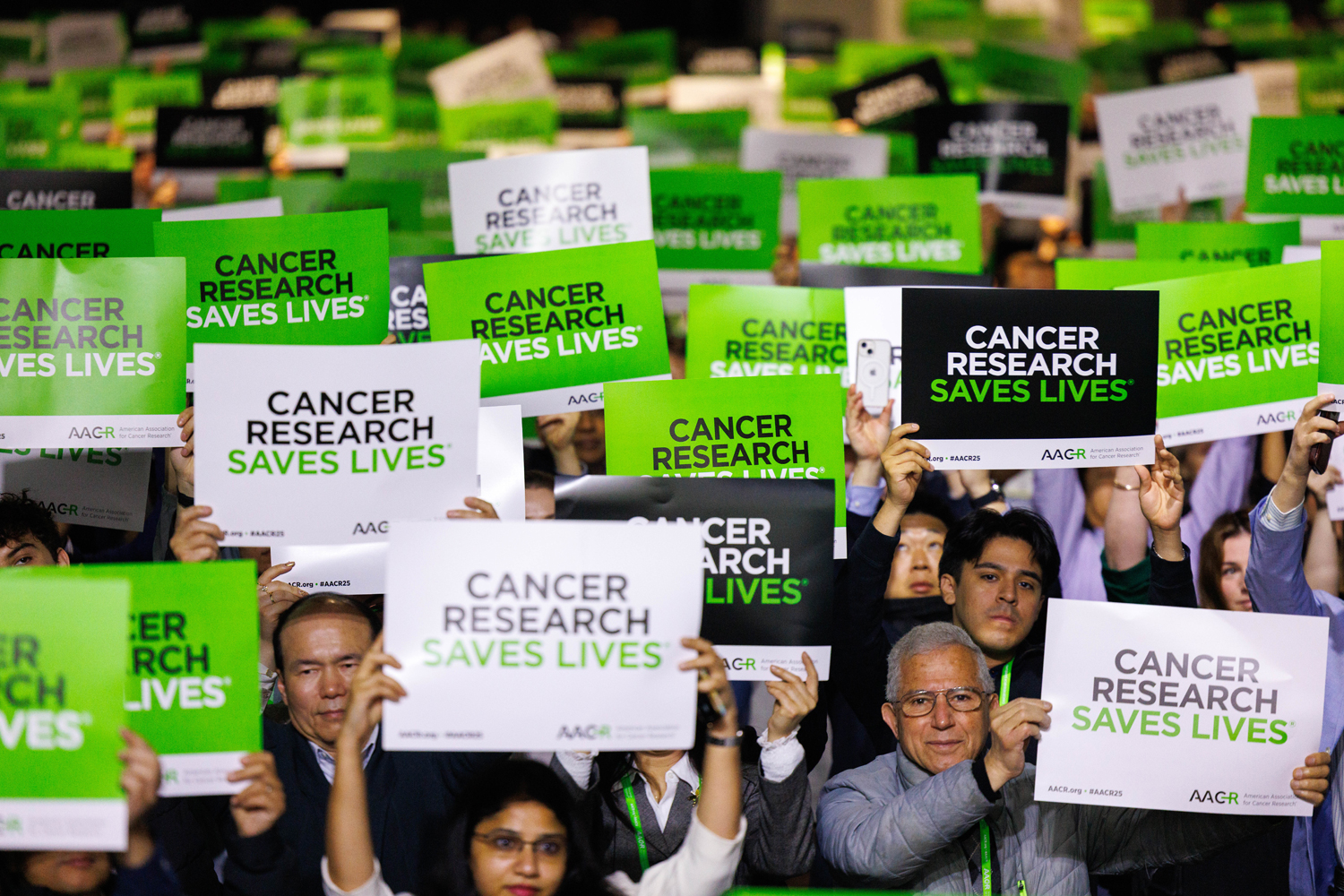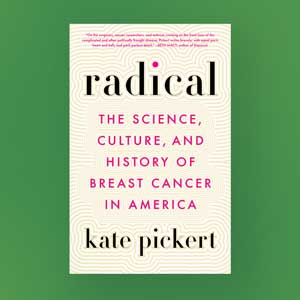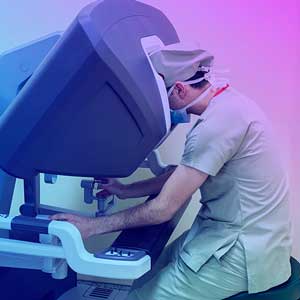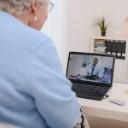-
From the Editor-in-Chief
Measuring a Cancer Drug’s EffectivenessSurrogate endpoints can speed up drug approvals, but are they valid measures of effectiveness?
by William G. Nelson, MD, PhD
-
Forward Look
Here Come the BiosimilarsAs patents expire on biologic drugs, cancer patients get new options.
by Stephen Ornes
-
Policy Matters
Racial and Ethnic Disparities in Multiple Myeloma Clinical TrialsThe AACR and the FDA presented joint recommendations that include broadening clinical trial eligibility and engaging the community in clinical trial recruitment.
by Kenneth C. Anderson, MD; Lola A. Fashoyin-Aje, MD, MPH; Nicole Gormley, MD; and Paul G. Kluetz, MD
-
Q&A
Taking the Long ViewIn her first book, journalist and breast cancer survivor Kate Pickert traces the winding road of cancer research and patient advocacy.
by Marci A. Landsmann
-
Parking Costs Take a Hidden Toll on Cancer Patients
People with cancer can pay significant costs for parking at cancer centers while receiving their treatment, a study finds.
by Marcus A. Banks
-
Survivor Profile
Sharing Her StrengthDiagnosed with two cancers prior to turning 40, Rebecca Esparza uses her voice to advocate for policy changes to help people affected by cancer.
by Lindsey Konkel
-
Robotic Surgery and Cancer
Using robotic assistants for cancer surgery has become commonplace. Whether cancer patients benefit when a surgeon uses a robot remains unclear.
by Sue Rochman
-
A Modern Family
My diagnosis with colorectal cancer at age 32 affected my fertility. As a result of my experiences, I help others who have been diagnosed with cancer understand their choices related to fertility preservation and their options for becoming a parent.
by Allison Rosen
-
Pushing Progress Forward
NCI Director Norman E. “Ned” Sharpless addresses disparities and maps out plans for the future amid “profound upheaval.”
by Kevin McLaughlin
-
Cancer Care Moves Forward Amid COVID-19
Following the arrival of the coronavirus in the U.S., people with cancer and their doctors are adjusting to new ways of doing things while continuing to seek and provide cancer care.
by Kate Yandell
Cancer Talk
Physical Activity Linked to Lower Colon Cancer Recurrence
Participating in a structured exercise program after treatment was associated with a reduced risk of recurrence in people who had colon cancer.
by Sandra Gordon
Gaps in Survivorship Care Leave Unmet Needs After Cancer TreatmentA survey of head and neck cancer survivors reveals that many are not getting adequate survivorship care and may not even know it is available.
by Cameron Walker
Improving Communication for Deaf Cancer PatientsAfter a cancer diagnosis, people who are deaf or have hearing problems can struggle if accommodations don’t meet their communication needs.
by Eric Fitzsimmons
Is Immunotherapy Right for People Hospitalized With Advanced Cancer?Researchers find no evidence that immune checkpoint inhibitors benefit cancer patients getting inpatient care. They urge earlier consideration of palliative care.
by Kyle Bagenstose















